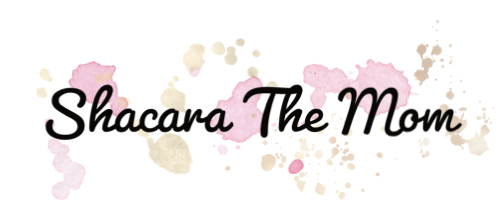
How To Deal With Postpartum Depression (PPD)
Table of Contents
Balance
This is the key to coping with postpartum depression.
Imbalance in specific areas of the body and, sometimes your life, can often manifest as disorders and disease.
My personal experience with PPD was one that shaped me as a wife, mother, and person. It taught me how to take control of my thoughts. It showed me how impactful and important to my family I am. I also learned the weight of my words and actions.
Most importantly, I learned that it is imperative that I care for myself just as I care for my family. If I am not well, what can I offer the people around me? What kind of help can I be to them?
Here began my journey to wellness and healing.
But, if you are not careful, those same questions can make you spiral downward,. That is what happened to me after the birth of my first child, but I soon realized that those questions are what should motivate me to be better.
I did not begin doing any of the things that you are about to read until after the birth of my second child. I never did it all perfectly, but I gave it my best attempt. Some days I did give up, but I never quit. That is what I want you to remember.
Don’t quit!
Prevention is key.
If you have not experienced postpartum depression or maybe you have, you can do all of these things before and during pregnancy to help decrease your chances of developing postpartum depression. It worked for me with my third baby and it helped me to control my weight better too as an added bonus.
Do you think that you might have PPD?
Take our Postpartum Depression Quiz below.

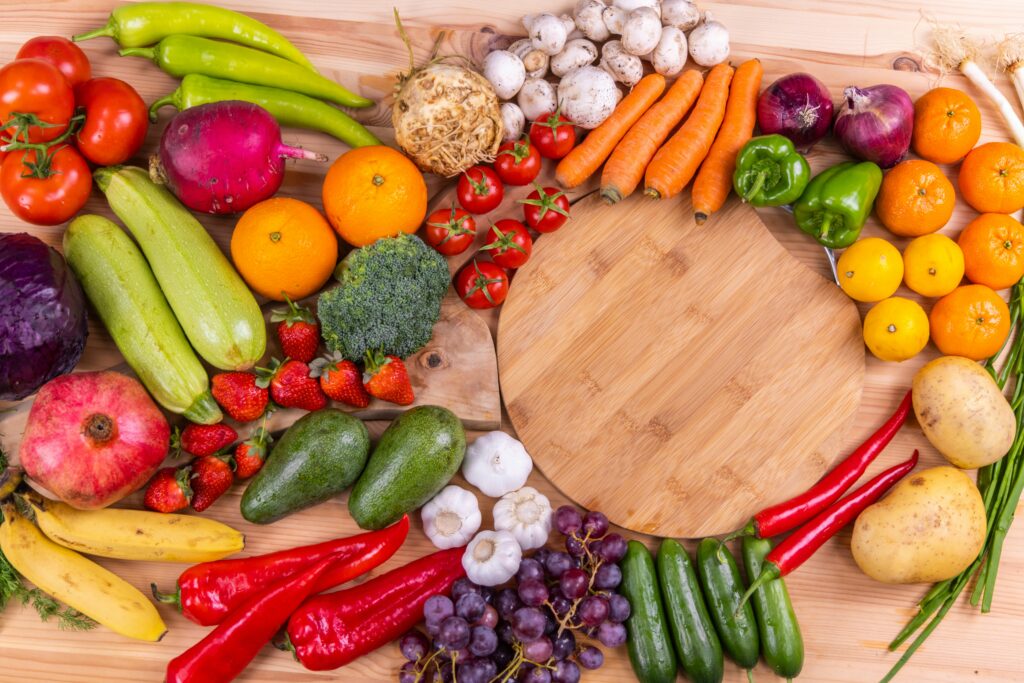
1. Eat a well balanced diet
During the recent Covid-19 pandemic I took the time to become certified in the areas of Holistic health, wellness, and nutrition. I learned so much about how everything that you put on and in your body effects you.
During the time that I struggled with postpartum depression, I tried a few different fad diets. Each one worked, somewhat, but I found my greatest success in the vegan diet coupled with spring water. It was certainly a huge learning curve for me, but social media recipe posts and quick Google searches became my go-to.
I chose to try one recipe at a time as I would see the delicious-looking photos while scrolling. I discovered that there were so many foods that I was not incorporating into my diet on a regular basis that led to deficiencies in my body.
Studies have shown that the lack of variety in your diet, including vegetables and fruits, can lead to various deficiencies (as previously mentioned). When you regularly eat well balanced meals, you provide yourself and your baby (especially if you are breastfeeding) with the nutrients needed to thrive, improve your quality of life, and lower your chances and/or the effects of depression. Also, don’t forget to drink plenty of water daily.
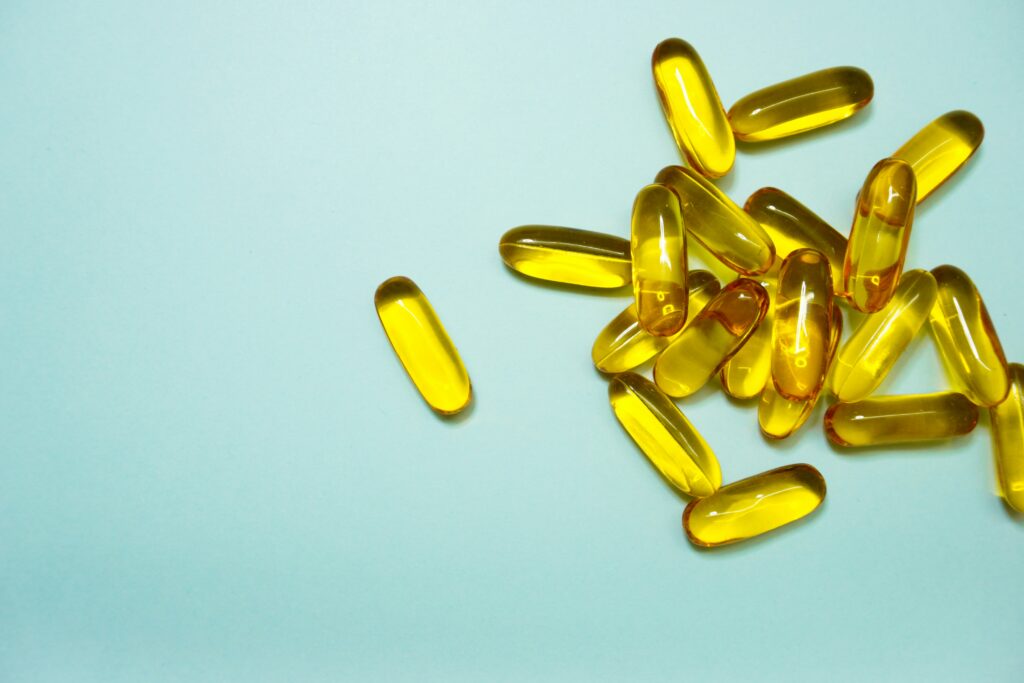
2. Take your prenatal/postnatal vitamins
It’s a great idea to take your vitamins in addition to a well balanced diet. You may need a boost of any given vitamin or mineral level that has been lacking in your meals. Taking your vitamins ensures that you are receiving all of the necessary nutrients for your baby and your postpartum body to continue in its healing process. I’ve been taking the Ritual Essential for Women Postnatal Multivitamin, and I love it.
It also may not be a bad idea to incorporate a superfood green juice drink into your diet daily to help boost your immunity, gut health, energy levels, and your overall mood, just to name a few benefits.
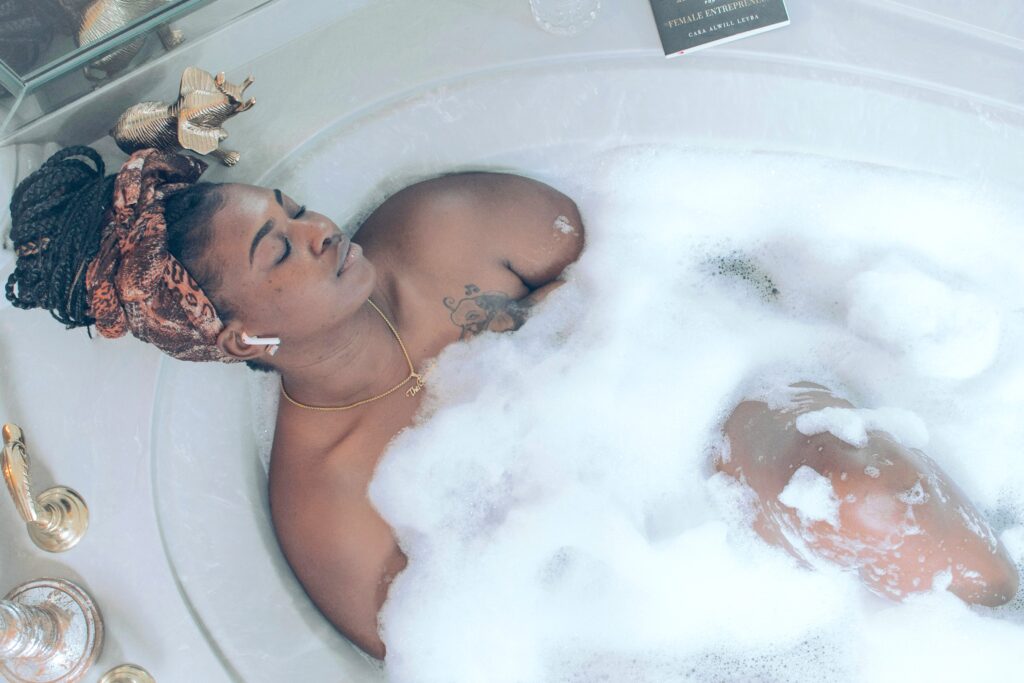
3. Prioritize self-care
I know that some days the last thing that you feel like doing is grooming yourself, but it is necessary. I’ve found that after a nice warm shower or bath, my mood was lifted. The sound and the negative ions that are produced by the running water can help soothe you.
Strive to keep up with your personal hygiene daily and do the things that make you feel beautiful, worthy, and calm. Love on yourself by doing something that you actually enjoy. You deserve some attention from yourself as well as your new baby and anyone else who relies on you for their well-being.
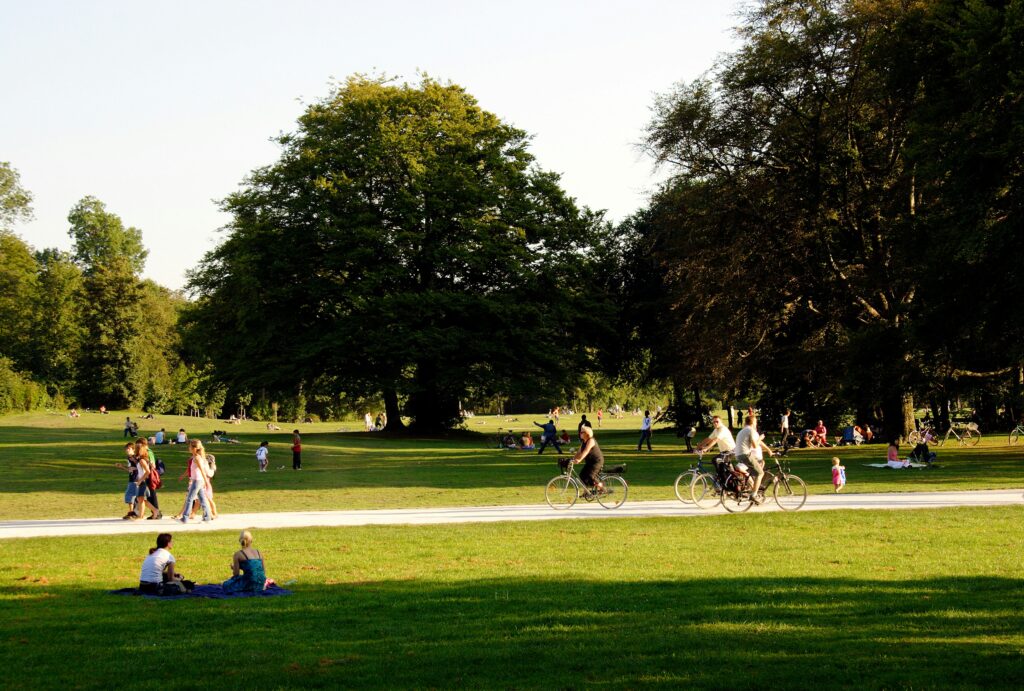
4. Go outside
Sitting on the couch all day long is not going to improve postpartum depression. Getting outside and breathing the fresh air is extremely valuable. Breathe deeply to provide your body with the fresh oxygen that it needs. If possible, have someone babysit for a short time, get into the car, and take a ride with the windows down on a nice day.
Take a walk around the block and back to grab a delicious drink at the nearby coffee shop. It’s not a bad, idea in most cases, to take the baby outside with you for a breathe of fresh air as well. Let the sun provide you with some much needed vitamin D. Whatever you choose to do that is within your ability, go outside, even if it’s just for a short time.
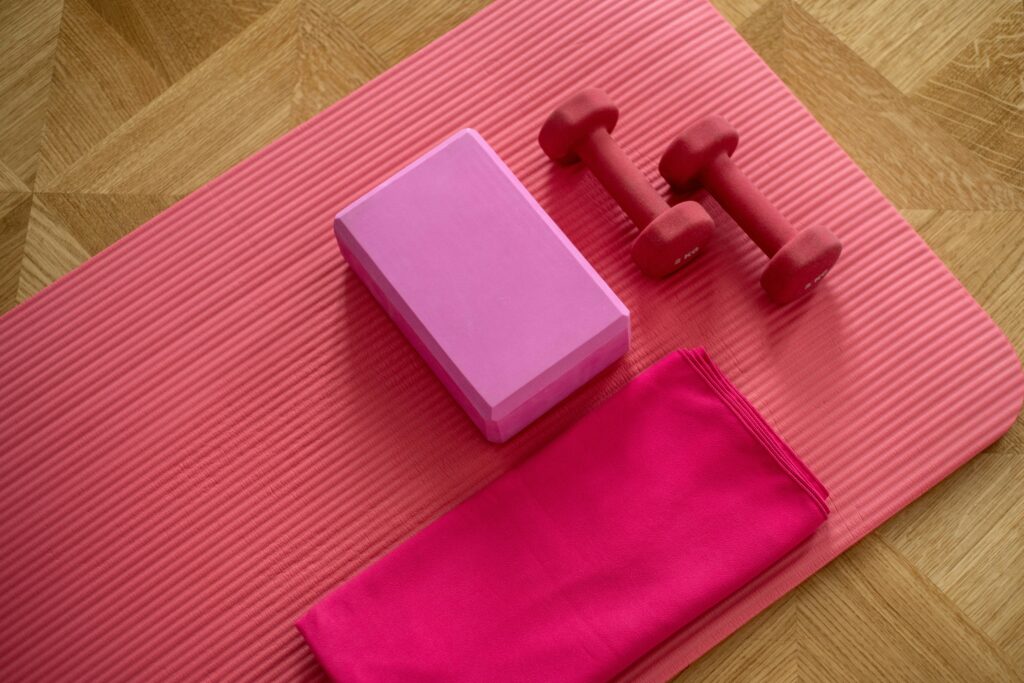
5. Get your exercise
There are many options for getting exercise today. There are many gyms, online programs, and outdoor activities available. A minimum goal could be to do some type of activity that will elevate your heart rate a bit, challenge your level of endurance, and strengthen your muscles.
There is so much that happens In the body when you exercise. The lymphatic system begins to pump, mood and confidence levels often improve, and those endorphins (also referred to as feel-good chemicals) are released. With all of this activity happening on a regular basis, your chances of feeling better overall increase dramatically.
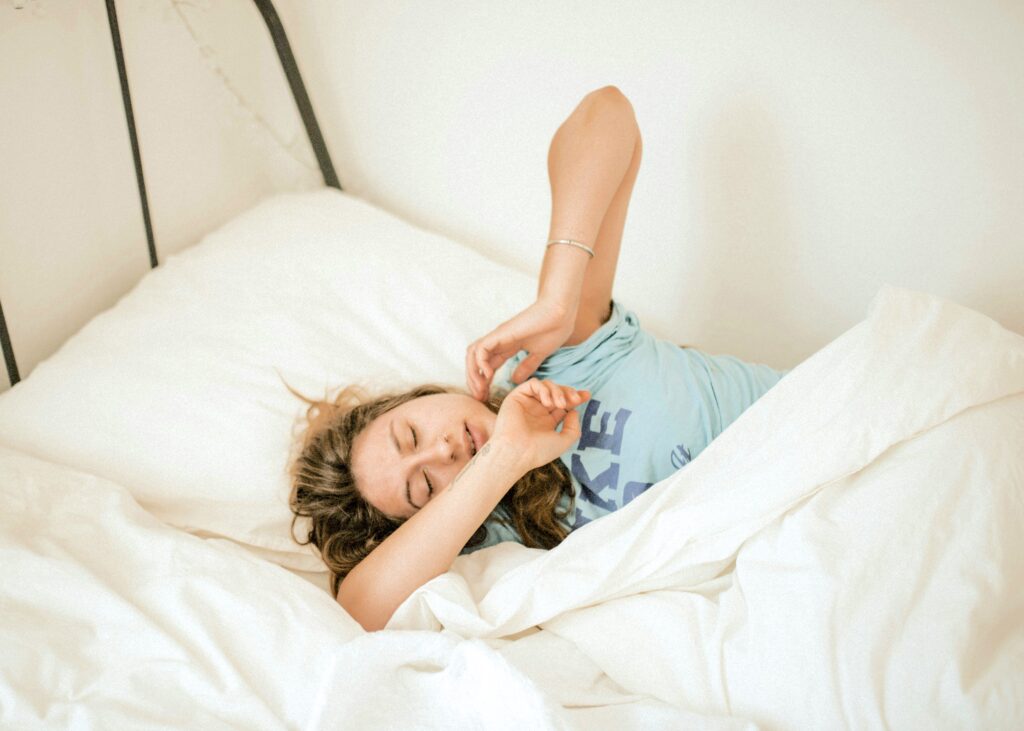
6. Try to get enough sleep
Sleep can be a tricky one while facing postpartum depression. Often I didn’t want to do anything other than sleep. Studies have shown that the lack of sleep as a new mom can increase the chances of developing PPD.
On the other hand, sleeping too much, can result in making you feel sluggish and tired. You may find that you lack motivation to get up and do anything and feelings of sadness, gloom, and doom, could be amplified as well with too much sleeping. 6-8 hours of sleep is the average person’s sweet spot. Mom’s may get less, so many strive to grab quick naps wherever possible. If you’re like me, I often have a hard time napping during the day due to the brightness of the sun, my constant thoughts, and attempts to get things done around the house. Do the best that you can mama.
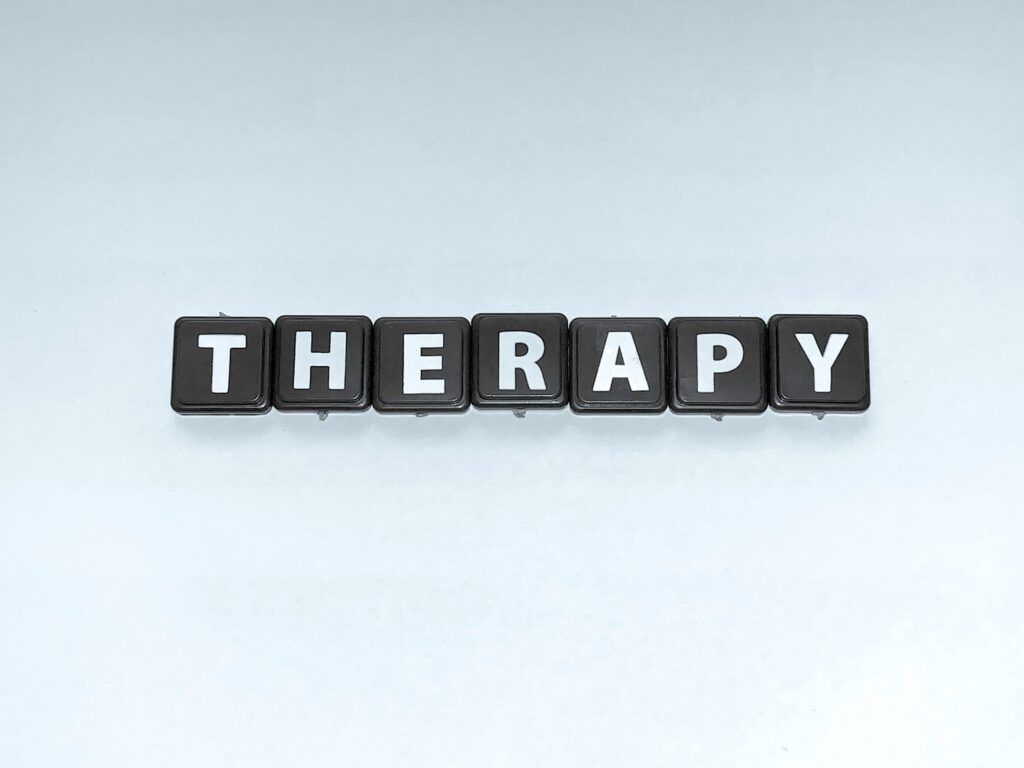
7. Talk to a professional
It’s ok to not be ok. It’s ok to seek the help that you need. Talking to a mental health professional is not a sign of weakness. It’s a sign of strength. They may have resources and/or medical advice if that is what you need.
My psych therapist helped me to realize that my body would be trying to balance my hormone levels for anywhere from 3 to in some cases as many as 18 months after my baby was born. That really blew my mind. It then became easier to give myself grace and have the desire to assist my body in its postpartum healing process.
Mental health professionals can help to educate you about what is happening inside of you. They can equip you with the understanding and tools that you need to endure and overcome your current state.

8. Avoid being alone for long periods of time if possible
PPD effects every mama differently. Some may have thoughts of harming themselves and/or their baby. Some may desire to be alone for extended periods of time, but just about everyone has thoughts that they would rather not have on a regular basis while experiencing postpartum depression.
Having company can help.
There were times that while I was in the company of friends, we didn’t say much of anything. Just the presence of another person who you know loves and or cares about you and your well-being can help remind you that you are not alone in this.

9. Talk to other mamas who have had the same experience
PPD can leave you with feelings of loneliness and make you feel that nobody else understands what you are experiencing.
The truth is that you are not the first mama to experience this, and you won’t be the last.
Joining support groups or talking to friends and family who have experienced postpartum depression as well can be extremely helpful. You may gain confidence in your own ability to overcome by hearing someone else’s story. It could also give you a feeling of normalcy to know that others have felt what you feel and had the same thoughts that you often have. Maybe they’ve made some of the same mistakes and misjudgments that you have as well.
I know that I have made many.
We’ve made it through all of that, and so can you!

10. Remind yourself that it’s just temporary
There is a light at the end of the tunnel!
I have had to tell myself this daily. Print out a picture of a light at the end of a tunnel. Write it down as a positive affirmation and post it on your wall. Look at it and read it out loud daily.
This too shall pass!
While in the darkness and gloom of PPD, it can be hard to see your life on the other side of it. It can often times feel like this is it and that life will end this way. Even if it lasts longer than you’d expected or people said that it should. Don’t believe those thoughts. I survived postpartum depression and anxiety after having two children, and did everything in this article again to prevent it with my third baby.
I’m grateful to be able to say that my third postpartum experience has been nothing like the first two.
I survived and you can too!
I want to hear from you
Have you experienced postpartum depression? How did you deal with it?
If you found this article to be helpful, encouraging, or even just informative, please share your thoughts with me.
Let’s continue to support and encourage one another!
Subscribe to my email list to be the first to read new articles.
www.ShacaraTheMom.com

